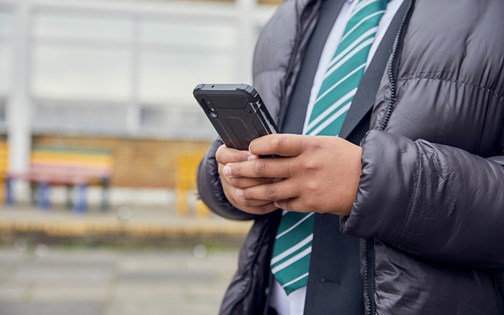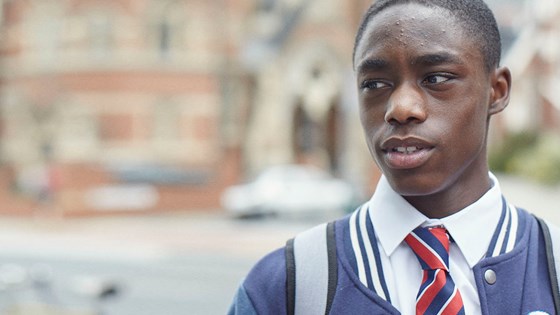
Sharing your story with Childline
Sharing your experiences can help others to feel less alone, but it can also bring up difficult feelings. Find out if it’s right for you.
What does sharing a story mean?
Childline has lots of anonymous Real Life Stories from young people who have shared what's happened to them.
Sharing your story is different to speaking to Childline, it can mean:
- talking to us to find out whether sharing your story is right for you
- working with someone in the NSPCC or Childline to tell your story and whether Childline has helped you
- sharing details with us about who you are, and possibly helping us confirm what's happened
- keeping in contact with us in the future about different ways we could share your story
Sharing real life stories helps the NSPCC and Childline show other young people that they are not alone. It can also help raise awareness of our services and show people why donating to our charity is important.
Is sharing a story right for me?
Sharing your story isn't the same as counselling, and it's not right for everyone.
It's important to think about:
- the impact it'll have on you, both good and bad
- whether you're safe at the moment, if you're still being hurt, or if you need other kinds of help
- what other people in your life might do or say if you chose to
- if you've spoken to profesionals working with you about it, or with your counsellor
- how talking about things in the past might make you feel
- whether there are any legal cases or investigations happening
If you decide you want to share your story, we'll want to talk to you about all of these things to help you make a decision about whether it's the right time.
It's important to wait until you're completely ready to share your story. Sometimes that can take time for you to get some distance from things that have happened, or to get support in your life.
If you're not sure and you're under 19, it can help to speak to a Childline counsellor about it, or to try posting about your experiences on the message boards.








